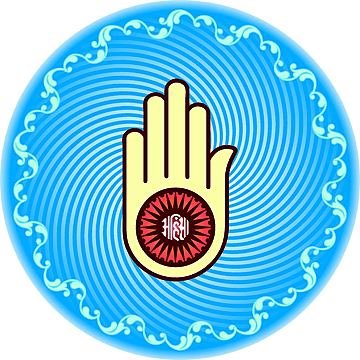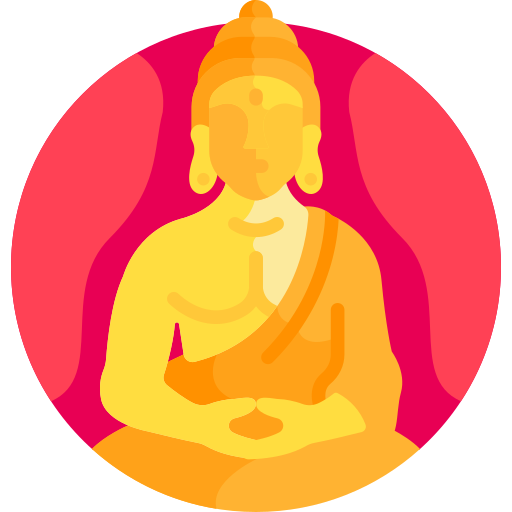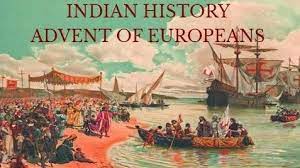- A 1600
- B 1602
- C 1498
- D 1664
Answer:
C
Portuguese East India Company established in the year of 1498.
 Vedic period
Vedic period  Jainism
Jainism  Buddhism
Buddhism  Advent of Europeans
Advent of Europeans